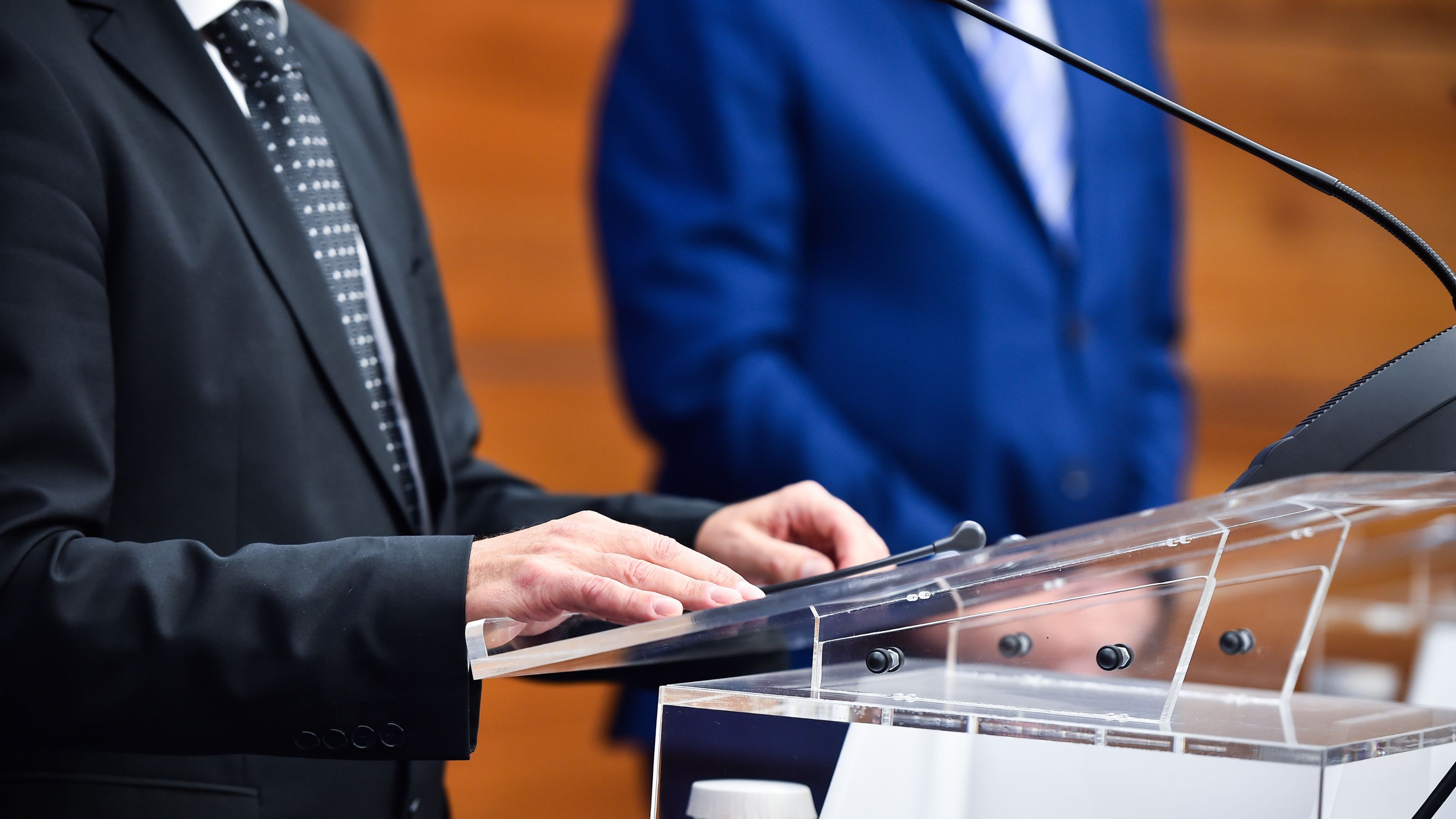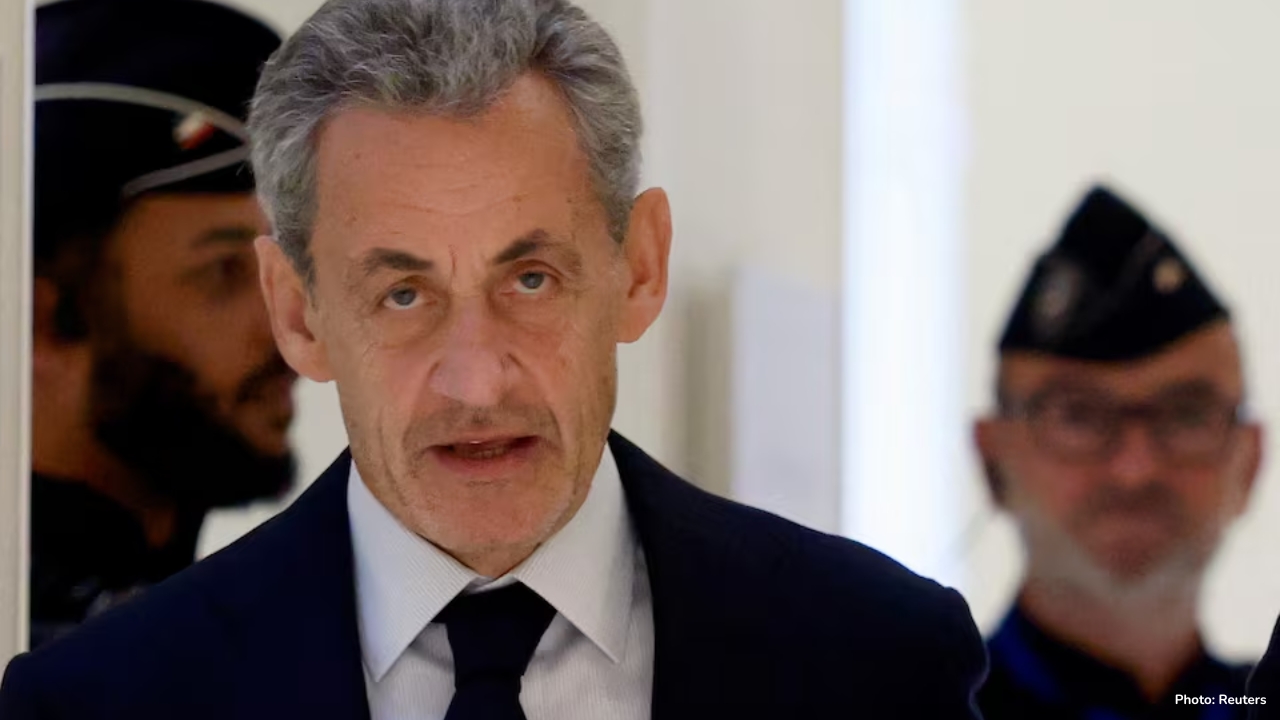
Inside Canada Politics: Key Decisions Driving Poli
Explore Canada politics as key decisions shape policy, leadership, and public debate. Stay informed

Former French President Nicolas Sarkozy, who led France from 2007 to 2012, has been sentenced to five years in prison. This is a historic ruling because he is the first modern French leader to face jail time for a criminal conviction. The case revolves around his 2007 presidential campaign, when his aides tried to obtain illegal funding from the late Libyan leader, Muammar Gaddafi.
After the court’s decision, Sarkozy maintained his innocence, telling reporters, "If they absolutely want me to sleep in jail, I will sleep in jail, but with my head held high."
The Background of the Case
Sarkozy’s conviction relates to campaign financing violations during his 2007 election bid. Investigators found that his campaign team sought money from Gaddafi’s regime in Libya, although the exact funds received remain unclear.
This case is part of a series of legal problems Sarkozy has faced since leaving office. He has previously been convicted for corruption, influence peddling, and illegal campaign financing in other cases. Despite these setbacks, his political influence in France has remained notable.
Sarkozy’s Personality and Reputation
During his presidency, Sarkozy earned the nickname “President Bling Bling” because of his love for luxury and a flashy lifestyle. His public image mixed politics with a taste for high-end living, which often drew criticism.
Political scientist Bruno Cautrès explained that the conviction for criminal conspiracy adds to the perception that Sarkozy’s behavior sometimes resembled organized crime, which heightened public attention to the case.
Early Life and Political Rise
Nicolas Sarkozy was born to a Hungarian immigrant family. Ambitious and energetic, he rose quickly in French politics, starting as the mayor of Neuilly, a wealthy Paris suburb. Later, he became right-hand man to Prime Minister Edouard Balladur in the early 1990s.
When Jacques Chirac won the presidency in 1995, Sarkozy was temporarily sidelined in politics. However, he returned to prominence and eventually became president in 2007, promising Anglo-Saxon-style pro-business reforms to boost France’s economy.
Presidency Challenges
Sarkozy’s presidency faced immediate hurdles. The 2008-2009 global economic crisis challenged his policies, including his efforts to raise the retirement age from 60 to 62 and adjust the 35-hour workweek.
His leadership style was direct, energetic, and sometimes abrasive, earning him both admiration and criticism. Many in France disliked his public celebrations of success, including his 2007 election win with millionaire friends at a Paris brasserie.
Personal Life in the Spotlight
Sarkozy’s personal life also made headlines. Shortly after his election, he separated from his second wife and soon began dating supermodel Carla Bruni, whom he married in early 2008. Bruni shared a supportive post on Instagram, writing, “Love is the answer,” while appearing in court with Sarkozy.
Legal Battles After Presidency
Even after leaving office, Sarkozy faced multiple legal investigations. His reputation for mixing politics and personal interests made him a frequent target of scrutiny. Convictions for corruption and illegal campaign financing have followed him, culminating in this Libya-related case.
The court ruling sends a strong message: no one is above the law, not even former presidents. The verdict also demonstrates that French authorities are willing to pursue cases involving high-profile political figures.
Political Influence Despite Convictions
Sarkozy has remained politically active, especially within the French conservative movement. He maintains contacts with President Emmanuel Macron and other leaders in the right-wing and far-right political spectrum.
For example, shortly after taking office, Prime Minister Sebastien Lecornu, a conservative, visited Sarkozy at his offices. Sarkozy also met with Jordan Bardella, leader of the far-right National Rally party, showing his enduring influence on French politics.
The Trial and Verdict
The court case focused on whether Sarkozy and his aides conspired to secure illegal funds from Libya for his 2007 campaign. After deliberation, the judges concluded that Sarkozy’s team attempted to gain funds improperly, leading to his five-year prison sentence.
Sarkozy and his supporters argue the decision is politically motivated and unfair. He promised to appeal the ruling, signaling that the legal battle may continue for months or years.
Public Reaction
French society reacted with mixed emotions. Some people applauded the court for demonstrating that leaders must follow the law, while others saw the verdict as a politically motivated attack.
Supporters praised Sarkozy’s contributions to France’s economy and reforms, while critics emphasized his “bling bling” lifestyle and willingness to push legal boundaries for personal or political gain.
Impact on French Politics
Comparison With Other Leaders
Jacques Chirac is the only other post-war French president convicted in court, though his case was less severe than Sarkozy’s. Chirac received a suspended sentence for misusing public funds while mayor of Paris.
Sarkozy’s case is historic because it involves direct criminal behavior linked to presidential campaign financing, a first in modern French history.
The sentencing of Nicolas Sarkozy marks a turning point in French political history. It shows that even former presidents can be held accountable for illegal actions.
While Sarkozy retains a high profile and political influence, his imprisonment will affect his public image and may serve as a lesson for future political leaders in France and beyond.
The case also highlights ongoing challenges in balancing political ambition, personal interests, and legal accountability. For many French citizens, this moment is a reminder that the law applies to everyone, regardless of rank or power.